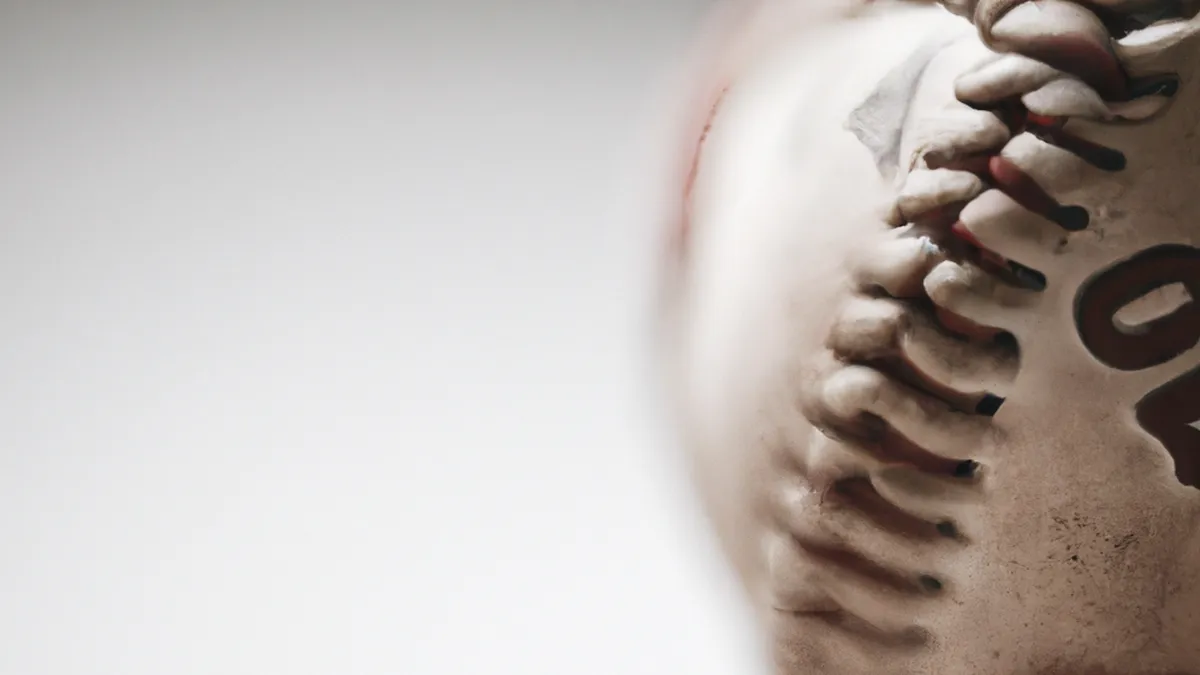Combat Fatigue with Iron-Rich Choices
The Role of Iron in Reducing Fatigue in Women
Women often face fatigue due to various factors, with iron deficiency being a leading cause. Iron is crucial for energy production, overall health, and cognitive function. By understanding iron’s importance, women can effectively combat fatigue and improve their quality of life.
Why Iron Matters
Iron supports many bodily functions. It forms hemoglobin, a protein in red blood cells that transports oxygen. A lack of iron can lead to iron deficiency anemia, causing fatigue, weakness, pallor, and cognitive issues.
Women are particularly vulnerable to iron deficiency due to menstruation, pregnancy, and breastfeeding. Recognizing these risks enables women to maintain healthy iron levels.
The Impact of Menstruation
Menstruation leads to monthly blood loss, which significantly decreases iron levels. This process can cause iron depletion, especially if dietary intake doesn’t compensate. Women with heavy menstrual bleeding, or menorrhagia, face an even higher risk. They should monitor their iron levels and consider dietary changes or supplements.
Pregnancy and Iron Needs
Pregnant women require more iron to support a growing fetus. Increased blood volume during pregnancy raises the need for hemoglobin production. The developing fetus also needs iron for growth. If pregnant women don’t consume enough iron-rich foods or supplements, they risk deficiency and fatigue. Health professionals often recommend iron supplements during pregnancy.
Breastfeeding and Iron Levels
Breastfeeding affects a woman’s iron levels. Producing breast milk demands additional iron for both the mother and the infant. If breastfeeding mothers lack sufficient iron, they may experience fatigue. To maintain energy, breastfeeding women should prioritize iron-rich foods in their diets.
Tips for Increasing Iron Intake
Women can effectively combat fatigue by increasing their iron intake. Here are practical tips:
1. **Incorporate Iron-Rich Foods**: Include red meat, poultry, fish, beans, lentils, tofu, and dark leafy greens like spinach and kale in your diet. These foods provide both heme iron (from animal products) and non-heme iron (from plant sources).
Conclusion
Iron is essential for women to combat fatigue and maintain overall health. Prioritizing iron-rich foods can significantly enhance energy levels and well-being.
Below are related products based on this post:
FAQ
Why is iron particularly important for women?
Iron is crucial for women due to its role in energy production and overall health. Women are especially vulnerable to iron deficiency because of factors like menstruation, pregnancy, and breastfeeding, which can lead to fatigue and other health issues if not managed properly.
What are the signs of iron deficiency in women?
Signs of iron deficiency in women include fatigue, weakness, pallor, and cognitive issues. These symptoms can arise from conditions like iron deficiency anemia, particularly in women with heavy menstrual bleeding or during pregnancy and breastfeeding.
How can women increase their iron intake?
Women can increase their iron intake by incorporating iron-rich foods into their diets, such as red meat, poultry, fish, beans, lentils, tofu, and dark leafy greens like spinach and kale. These foods provide both heme and non-heme iron, helping to maintain healthy iron levels and combat fatigue.















Post Comment